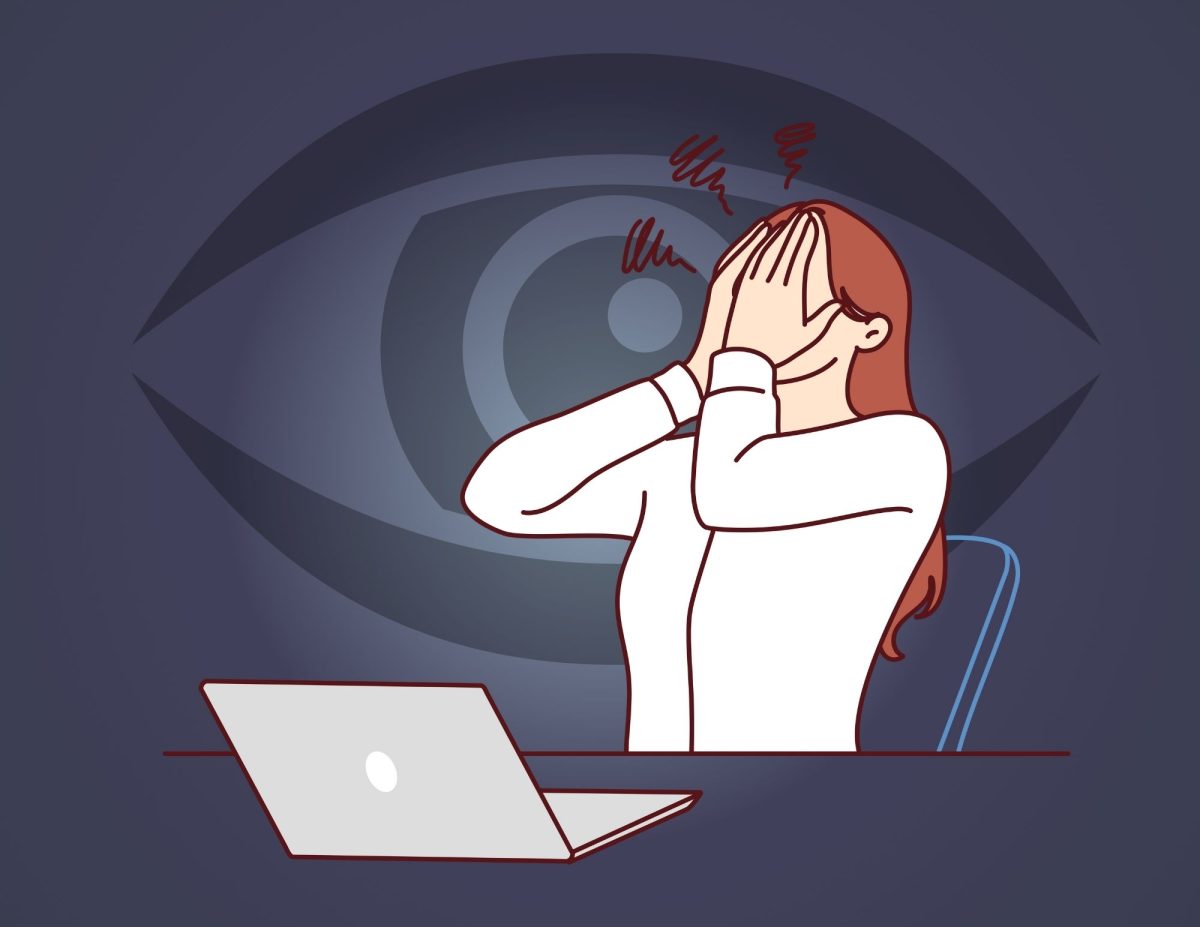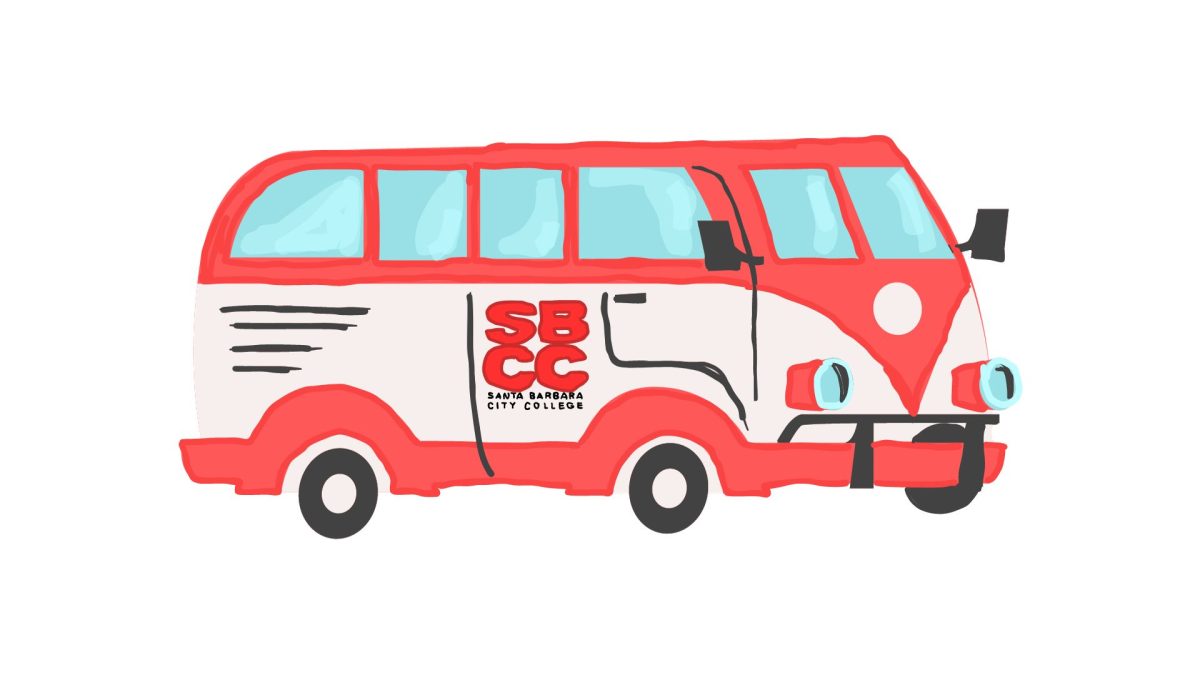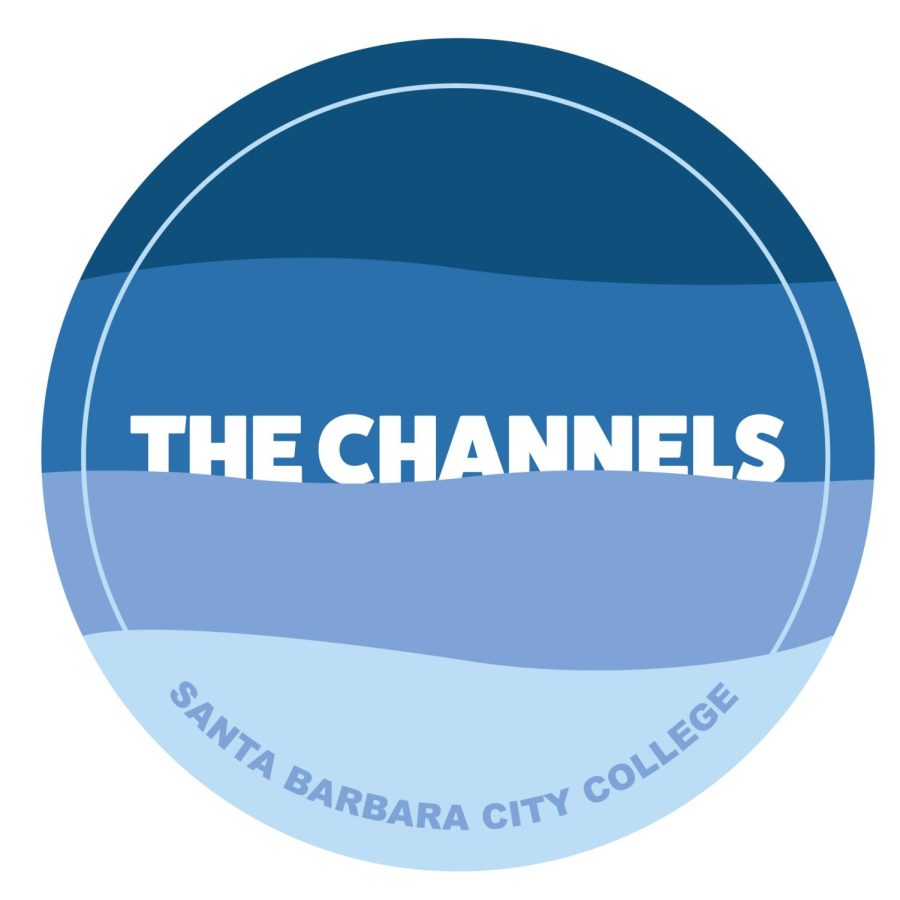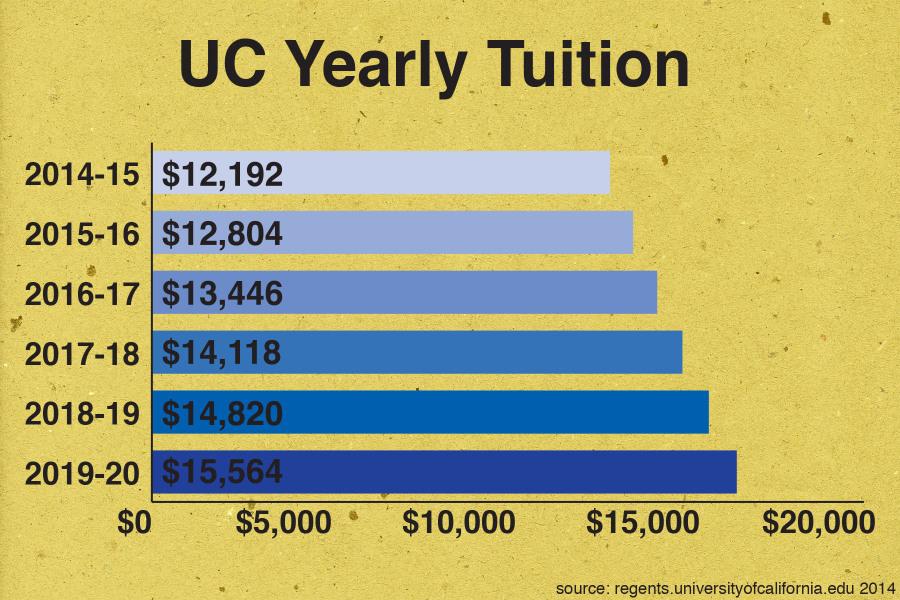What could have been a natural and smooth step toward an improved online-based learning system has instead led to confusion, irritation and anger.
As a new feature for the Spring semester, City College introduced the “e-Textbook” sold in the campus Bookstore. This is a book that is online and sold at a major discount compared to the physical copy.
Students purchasing the e-book get an access code to use when they go online to download the textbook. When the semester is over, students can no longer access the material.
And there seems to be three reasons why the e-book hasn’t been a success at City College.
First, many students seem to prefer the old-fashioned, paper book that they can read wherever, take notes in and hopefully sell back at the end of the semester.
Second, the introduction of e-textbooks failed partly because it was too hastily arranged. Before each semester, the faculty decides what books they want to assign for their classes. When the new option for e-books was available for this semester, some thought it was a great idea to help students save money.
These professors were not told how efficient the e-books are or even how they are sold or used. No administrators held workshops or meetings to discuss them.
Other faculty didn’t even know about the option, and were puzzled when students in their classes purchased this electronic version.
Third, the fairly few students who chose e-books had negative experiences.
The Channels discovered a student who said he couldn’t access the “e-Textbook” he purchased in the Bookstore because the Web site, Jumpbooks.com, denied him the download. He attempted contacting the company for assistance, but his calls never reached representatives who could help.
Jumpbooks.com had been selling several of the same ISBN numbers to different students and did not have the proper help-line set up. The Bookstore then had to refund them.
The seemingly inevitable question for these problems is: who has the responsibility here? Who must the students turn to?
The delivering company Jumpbooks.com didn’t work the way it was supposed to and no one is being held responsible. Our Bookstore is supporting a company that is offering faulty services to the students, discrediting the Bookstore. The contracted company must be reliable.
The Channels predicts that in the future, students will shift to the use of “e-Textbooks” for their college education. But before students make the move to online books, we need to be sure they work properly.
If students are to make this shift successfully, e-book companies need to fix their first-generation product. There needs to be proper communication between administration, faculty and the Bookstore.
Until then, students ought to stick to their paper books. Just because we are a generation of computers doesn’t mean we’ll be guinea pigs for an operation that requires major reconstruction.











